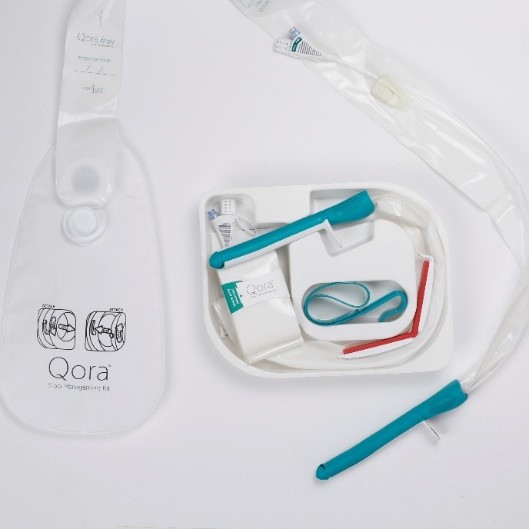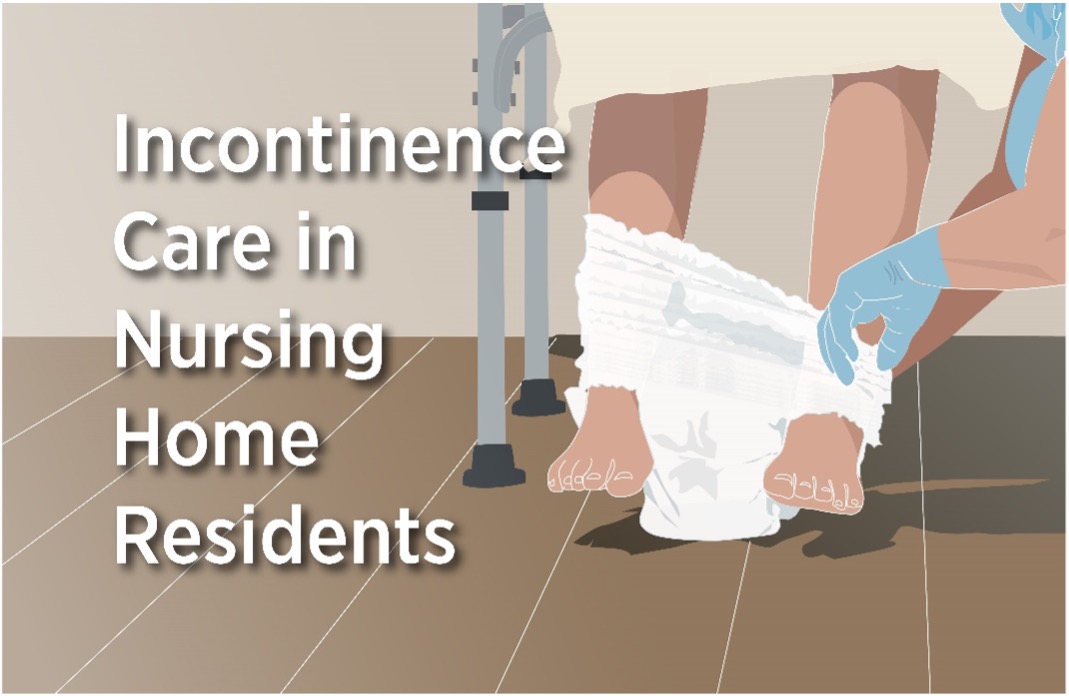As the population of older adults continues to grow, so does the need for quality care in nursing homes. Among the many challenges faced by staff members in these facilities is the management of incontinence, a common condition that can have significant impact on the health, well-being, and dignity of residents. This problem is often neglected and underreported, which can lead to serious health complications.
Incontinence is a comorbid condition that affects over 50% of nursing home residents. They are particularly susceptible to incontinence due to their advanced age, underlying health conditions, and decreased mobility. Continence care is essential to human health, of course, as urine and feces can cause significant skin damage and infections.
Fecal and urinary incontinence are associated with a variety of hospital-acquired complications (HACs), skin irritation, and incontinence-associated dermatitis. Fecal incontinence (FI) poses a risk for cross-contamination with Clostridioides difficile, commonly known as colitis c diff, along with other health problems.
The management of incontinence in nursing home residents requires a comprehensive approach that involves regular assessment, prompt identification, and management of symptoms, and the provision of supportive services that promote dignity, comfort, and quality of life for residents. Unfortunately, despite their best efforts, many nursing homes lack the staff and financial resources to provide residents with adequate continence care. Nurses employ several methods to manage resident incontinence including absorbent pads and intrarectal balloon catheters for short-term care.
Incontinence Care for Residents of Nursing Homes
Urinary and fecal incontinence care for nursing home residents focuses on improving the comfort of residents, decrease the amount of time nursing staff spends on incontinence care, and reducing the risk of complications.
For decades, absorbent pads were the go-to solution for urinary and fecal incontinence care. While easy to use, but they can have negative consequences for the skin. Prolonged exposure to moisture can cause the skin to break down and become more susceptible to infection. In addition, nursing staff may also find themselves spending more time changing and disposing of these pads, taking time away from other essential tasks.
Nurses have more recently started using intrarectal balloon catheters (IBCs) to manage fecal incontinence. IBCs use balloons to hold them in place which can cause significant discomfort, pain, and bowel irritation, leading to further complications. One of the most common complications of IBC use is rectal bleeding. The inflated balloon can also cause irritation and abrasion of the rectal mucosa, leading to bleeding. This can be especially concerning in elderly patients who may already have thinning or fragile tissues. Balloon catheters or rectal tubes also result in a high prevalence of peripheral leakage and straining of sphincter muscles. A considerable patient population in nursing homes have weak or atonic sphincter muscles. This further affects the performance of such balloon-based rectal catheters since they rely on strong sphincter muscles to have adequate anchoring.
Managing incontinence with IBCs or absorbent pads can cause complications and exacerbate co-existing conditions by lengthening hospital stays, adding to care costs, and increasing the burden on nursing home staff. Adequate incontinence management is necessary in nursing homes to promote over well-being, reduce clinical complications, and enhance the overall quality of life of residents.
Adequate incontinence management can also have positive outcomes for nursing home staff and facilities. By addressing incontinence in a proactive and comprehensive manner, nursing homes can reduce the number of accidents, improve resident satisfaction, and minimize the risk of litigation or negative publicity
Qora can Improve Incontinence Care in Nursing Home Residents

The hygienic applicator of this stool management system provides safer device insertion and withdrawal. This mitigates the risk of trauma associated with IBCs. The device has a large diverting lumen which reduces device occlusion and peripheral leakage.
The novel device avoids the constant strain on sphincters and rectal injuries associated with IBCs, making it a more adequate solution for acute incontinence care in nursing home residents.


One reply on “Incontinence Care in Nursing Home Residents”
Noodlemagazine Very well presented. Every quote was awesome and thanks for sharing the content. Keep sharing and keep motivating others.